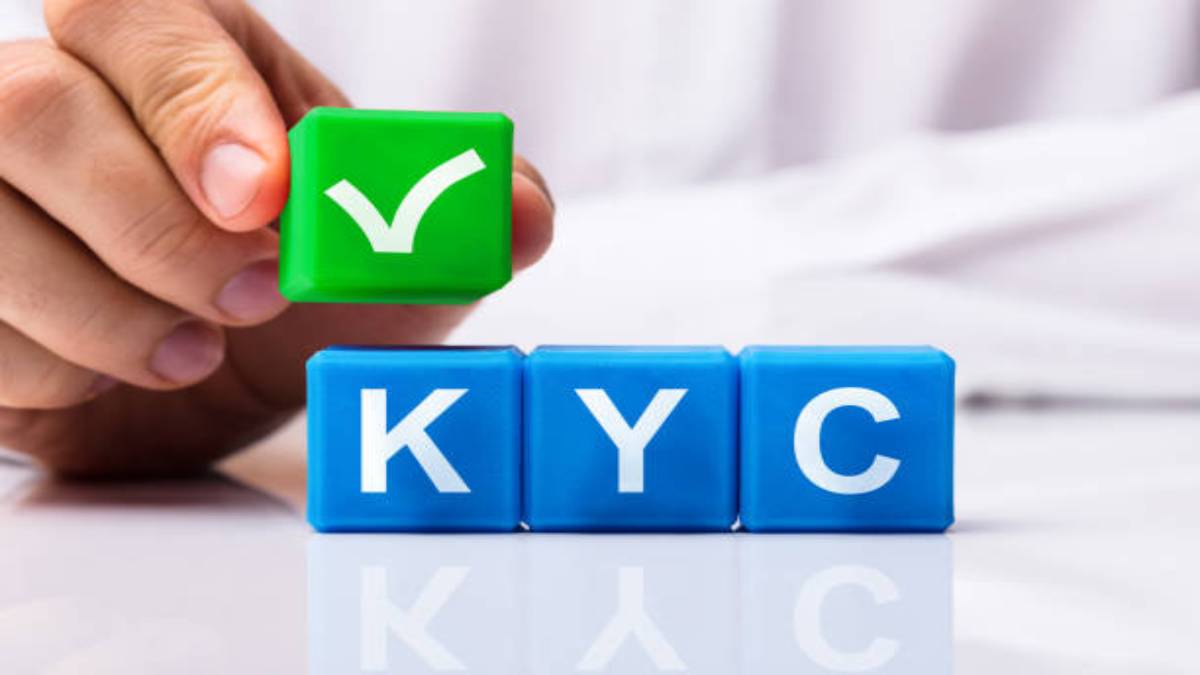When thousands of transitions are completed in a minute, it is difficult for businesses to monitor everyone using their product or service. Know your customer (KYC) regulation plays an essential role in firms’ fight against money laundering and financial scams. The KYC compliance process is the first step to building trust in customers or businesses so you can perform better in the future.
The financial landscape is the front-runner in money laundering and financing terrorism because fraudsters always use these companies. That’s why the international law sector is constantly updating the regulation to prevent businesses from financial fraud. The economic action task force FATF is implementing national laws like AML 4 or 5 and ensuring KYC compliance to identify customers. AML/KYC compliance is vital to protect businesses from fraudsters. So they can not use your service to clean black money.
KYC check verifies the individual’s identity when opening an account. Sometimes KYC verification is also concluded to register a new business or invest in a company
In simple words, KYC is a must for banks to ensure that clients are genuinely who they claim to be. Banks can reject the new account opening request or start a business relationship if clients do not comply with KYC regulations.
Why is KYC Compliance Essential?
The research was conducted by Fenergo, reporting that $26 billion has accumulated as fines from the U.S., Europe, the Middle East, and the Asia Pacific since (2008-2018). All these fines have been collected for non-compliance with AML/KYC regulations. This is only an amount, and damage to the reputation can not be measurable.
According to the United Nations, criminals launder money between $1.6 to $4 trillion annually, which falls in the middle of 2 to 5% of the world’s GDP. Identity theft is expanding concern globally. In 2020, the Federal Trade Commission (FTC) in the United States received over 1.4 million reports of identity theft, representing a 100% increase compared to 2019. These are the most recorded reports till now; in 2022, because of the automated KYC verification process, this number is reduced to 1.1 million, but more is needed.
What is Automated KYC Verification?
Digital KYC provides an advanced technology method for businesses to conclude KYC verification procedures quickly and straightforwardly. The financial and corporate sectors both have a KYC compliance problem because of the lengthy procedure, which strains to onboard new customers or employees. According to a Thomson Reuters survey, 89% of corporate customers shared that they need a better KYC experience. The financial institutes believe that the digital transformation in KYC verification significantly impacts business and makes the process more efficient and budget-friendly.
Where manually following the KYC process is time taking and costly, digital KYC compliance saves time and money simultaneously. Online KYC utilizes validation checks such as document attestation, integrity checks, and historical information, which make it more proactive and efficient for the verification of KYC.
The automated KYC verification process is done through independent documents and verifying the authenticity of these papers and the person company is dealing with. All customers must provide credentials to prove their identity and address so the company trusts them. Given below are some steps of automated verification which make KYC compliance straightforward.
Verify Documents
Customers remotely submit documents by phone camera to verify their identity. Their name, date of birth, address, and national identity number will be collected by the document attestation software. Documents can be a driver’s license, passport, or ID card, depending on the company’s KYC compliance regulations.
The proactive, automated KYC compliance software will constantly update the new laws of regulations. It also examines all documents with the help of machine learning technology, including cross-checking government databases, credit bureaus, watchlists, or other relevant sources to validate the provided information and detect any inconsistencies or discrepancies.
Video KYC Verification
Companies must conduct face-to-face verification to comply with the KYC regulations. The automated KYC compliance process makes video and voice recognition simple with the help of scheduled video calls. Online video call assists a company in KYC compliance and adds an extra layer of protection. Video identity verification also enhances the customer onboarding experience.
Customization KYC Process
Standardized KYC verification creates a comprehensive policy that outlines the requirements and procedure for the customer. The policy should follow the advanced KYC compliance regulations. Companies can only collect specific documents, which are only needed to determine the identity or for KYC compliance. This will reduce the customer’s struggle, and they don’t have to upload the stack of paperwork.
Wrapping up KYC Compliance
In the end, companies should always keep in mind that KYC compliance depends on the jurisdiction and industries. So it is crucial for companies always to keep their KYC verification process updated on relevant regulations. KYC compliance protects a business from financial fraud and regulates fines.
